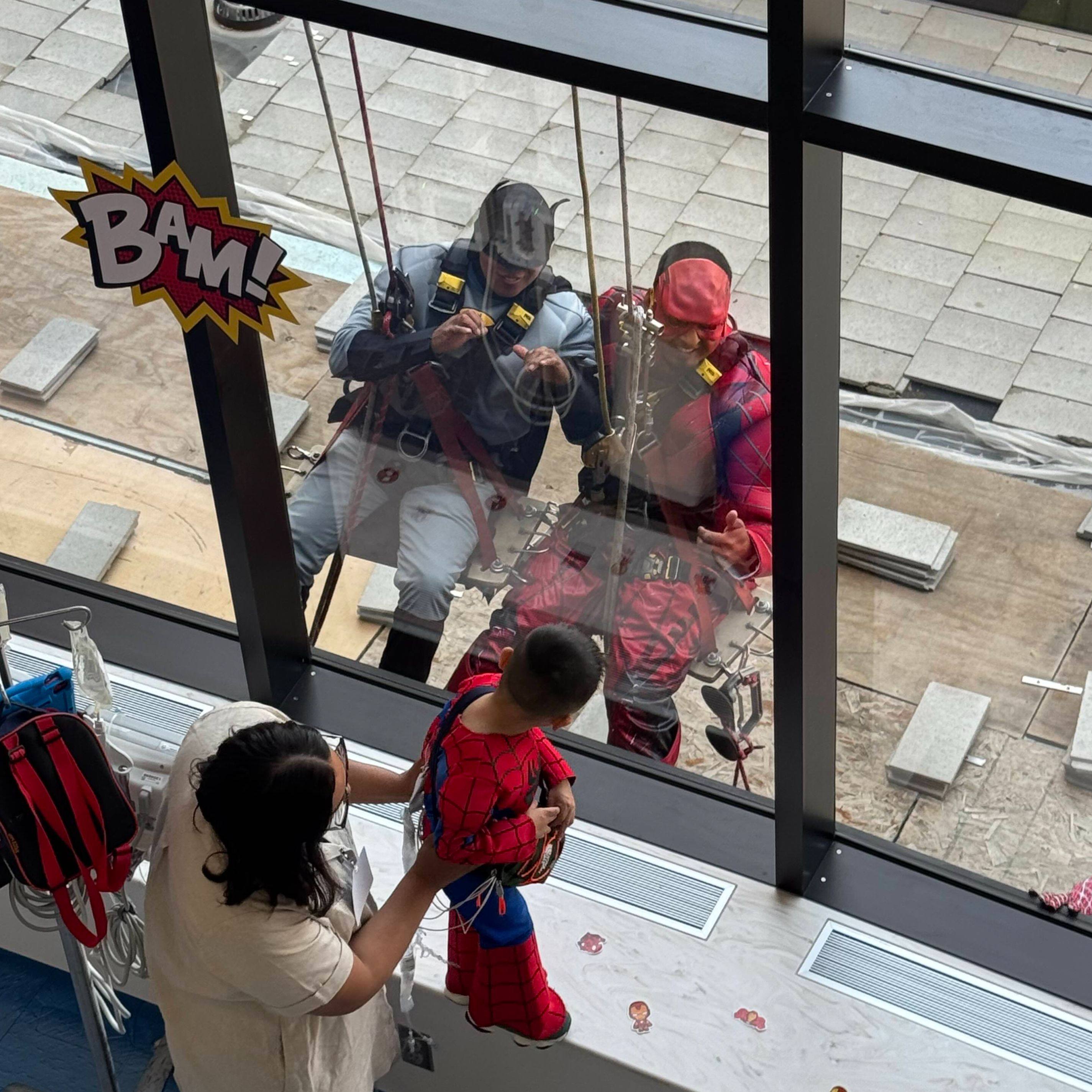-
Mayo Clinic Minute: Schooling kids on hand-washing
"Back-to-school time is an important [opportunity] to talk to your kids about good hand hygiene," says Dr. Alva Roche Green, a Mayo Clinic pediatrician. According to the Centers for Disease Control, children who've been taught hand-washing at school often teach their parents and siblings as well, resulting in fewer episodes of illness for the entire family.
Journalists: Broadcast-quality video pkg (1:00) is in the downloads. Read the script.
Dr. Roche Green suggests getting the good hand hygiene habit started at home, so children are better equipped to ward off germs in public places, like schools. So here's a little homework to tackle with the kids as they head back to class. All you need is soap and water and a simple explanation for your students about why hand-washing is important.
"One of the things you're going to find with back-to-school time is that you've got kids who haven't been around each other all summer," Dr. Roche Green says. "Some of them are going to have a little cold. Some will have the sniffles. You put them all in the same room, and you're going to have lots of kids with colds and sniffles."
Or the flu, or any number of yucky infectious pathogens lurking where little fingers land. "Teachers try their best to clean surfaces," Dr. Roche Green says. "But kids put their hands in all kinds of places, and it's hard to keep up."
She says reducing the risk of childhood illness really is as simple as wetting hands in running water ─ warm or cold ─ applying soap and lathering well. Scrub all surfaces, including the backs of hands, wrists, between fingers and under fingernails for at least 20 seconds. Dry hands well.
"Make sure they're washing their hands several times a day, or at least using an alcohol-based hand sanitizer, to reduce the amount of germs that are on surfaces."
According the CDC, a recent study shows only 31 percent of men and 65 percent of women wash their hands after using public restrooms.
Related Articles







